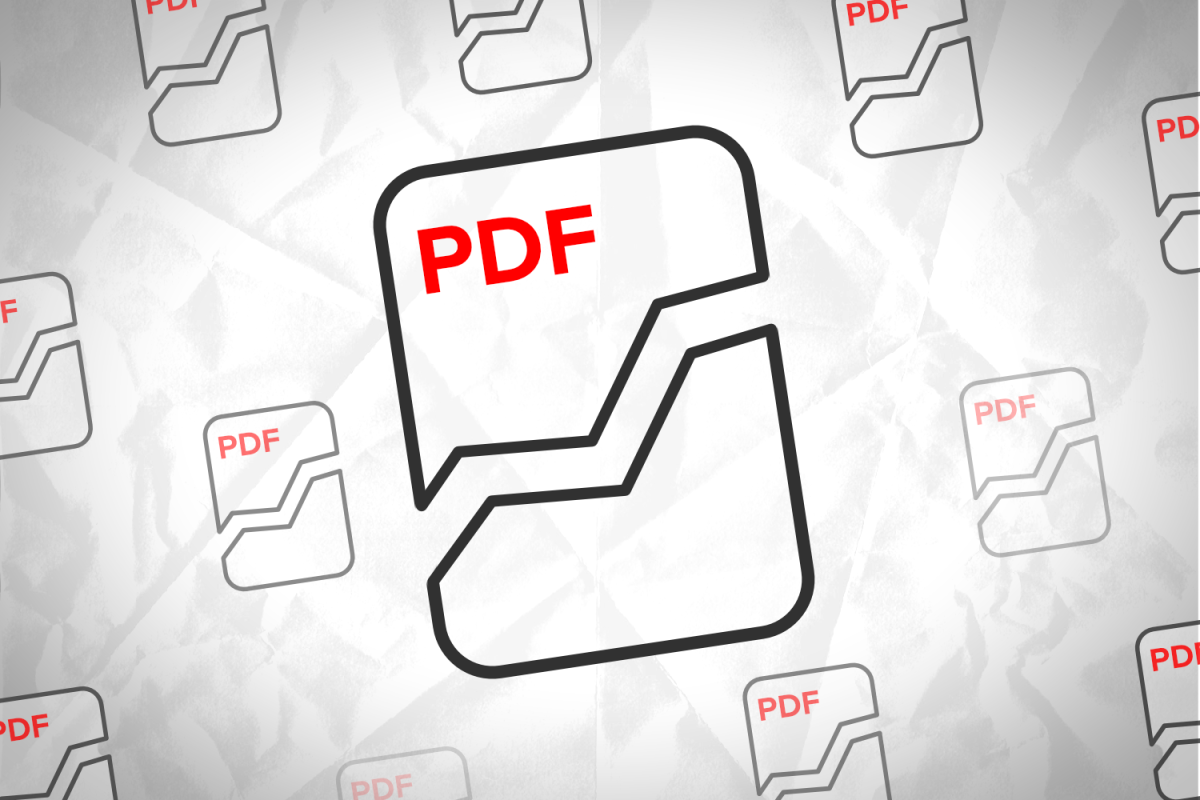In response to the coronavirus pandemic, NC State University Libraries has utilized fair use to create a controlled digital lending model that allows students to access textbook chapters virtually. Will Cross, director of the Copyright & Digital Scholarship Center at NC State, said the traditional textbook lending program sees about 40,000 circulations each year, saving students about $425,000 a year.
“[Textbook lending] has been something in normal times, when the world’s not on fire, that’s been really, really successful,” Cross said. “The challenge, obviously, is we can’t lend physical materials right now. If I checked out the textbook and I returned it, it would have to be quarantined for 24 hours before the next person could check it out. So the challenge we were trying to figure out is ‘How do we do this textbook lending in digital space?’”
Because of the increasing demand for students to access textbooks online, copyright issues arose. The first sale doctrine, which allows for the lending of physical textbook materials, does not apply to digital materials. According to Cross, libraries traditionally spend millions of dollars on licensing for e-books and online journal access, but approximately 85% of publishers refuse to license at any negotiation price.
“The idea is, if you maintain an owned-to-loaned ratio, if you have one book and you’re letting one person see it, that’s OK,” Cross said. “But if you have one book and you let two people see it at the same time, you’ve magically created a new book and that’s a problem with copyright.”
NC State libraries found a solution in its “controlled digital lending model” prompted by Mia Partlow, the resource sharing librarian. According to Cross, controlled digital lending allows for NC State University Libraries to maintain a “owned-to-loaned” ratio based on digital viewing. For example, if a library owns two copies of a textbook, controlled digital lending would permit two students at a time to view a chapter from that textbook.
“We changed models in the fall to accommodate these copyright laws,” Partlow said. “When working within copyright law but outside of the controlled digital lending model, we were having to say ‘no’ more than we wanted to. Then we realized, well, if we moved things online to this controlled digital lending model, that would enable us to put an entire book online, any student could look at it, but we would have to put some limitations on that. So it was a compromise.”
Students can request online access to textbooks through the Temporary Access to Chapters Online (TACO) resource on the NC State University Libraries website. Partlow explained that some books, such as “An Insider’s Guide to Academic Writing: A Brief Rhetoric,” have a three-hour viewing period, which is renewable if no one else clicks to view it after you’re done. She said other books, such as “Analyzing Prose,” can be viewed for an unlimited amount of time, and by any number of users simultaneously.
According to Cross, any book that is assigned through the bookstore will have at least one copy offered through NC State University Libraries, with additional copies purchased based on enrollment size in a particular course and student requests.
Partlow said textbook demand in TACO is monitored as well, and additional copies can be purchased and scanned if needed.
“The hope is that this better meets people’s needs than what we kind of had at the beginning of fall, as we were really learning the best way to provide this type of service,” Partlow said. “It’s still evolving. We’re still getting feedback; we’re still incorporating changes almost every day.”
Students can learn more about textbook access by visiting the NC State University Libraries website and reaching out to Ask Us over email or chat.













